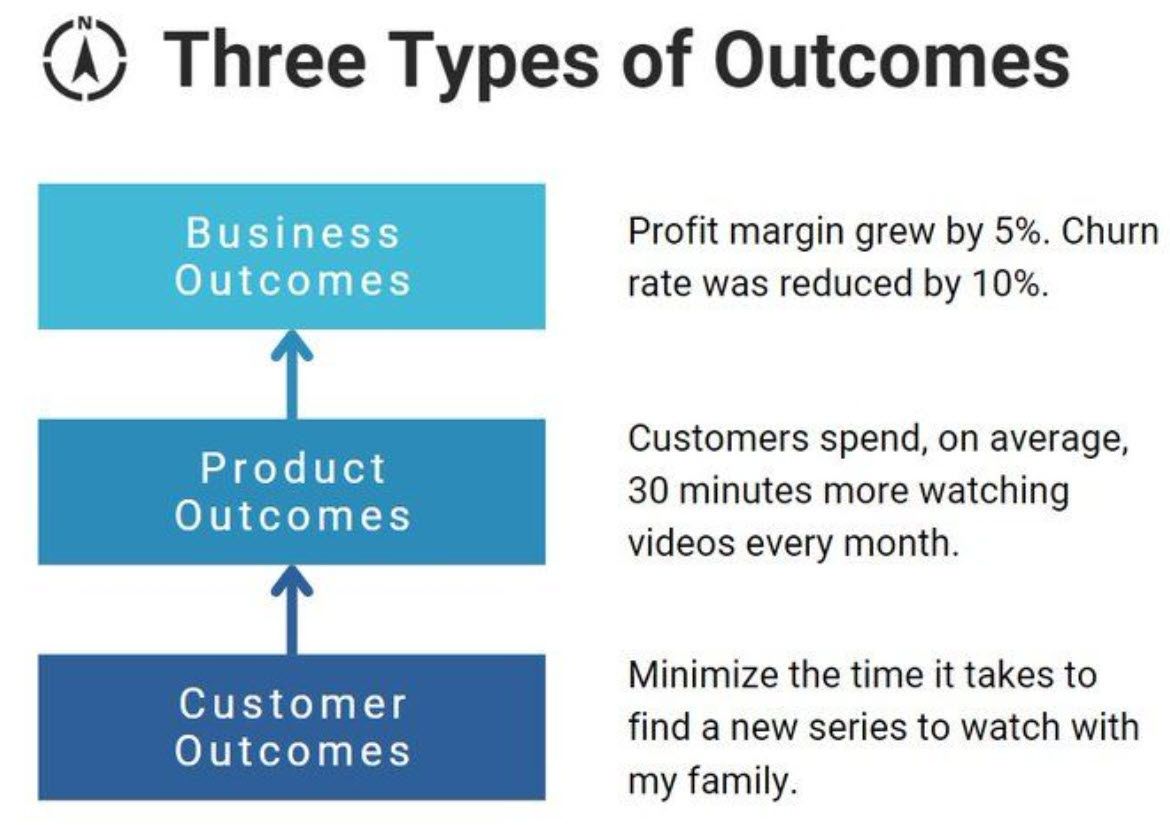Global Digital Marketing & Retail by Alex 51
Inspiration from across the world for retail enthusiasts, e-commerce professionals, marketing lovers and technology fans. Welcome back! I summarized some great links again, I stumbled upon this week.
🇪🇺 🇨🇳 Third Plenum: China boosts platform economy until 2029; EU loses
The Third Plenum was held in China. This is a significant meeting of the CCP Central Committee that focuses on economic reforms.
So that already is interesting in itself, but what is even more interesting is that they are going to focus on the platform economy. As I wrote before, having lived and traveled a lot to China, the Chinese platforms and super apps are very convenient and highly interesting to follow.
The third plenum decided that the platform economy -as a sector- be promoted until 2029. This means there will be lots of innovation at platforms like Temu and an even more global expansion.
In contrast, The European Union is only throwing more regulations and blockades. In a recent publication, Brussels wants to implement import duties aimed at those Chinese platforms.
I agree with a commentator on LinkedIn, this mostly affects end-consumers, as they need to pay (much) more for their products. There is a huge demand for these products as regular prices and taxes in the European Union and especially the Eurozone already skyrocketed. The European Union should not raise import duties but instead, create an environment where people within the Union can build their own platforms in this category. Better for consumers and the European Economy.
On platforms: while Europe did see a growth of 24.76%, its total value of $314.60 million and a share of just 2.2% on a global scale means it plays a minor role and continues to fall behind. Europe confronts various internal challenges like regulations, political tensions, and uncertainties that jeopardize the continent's digital positioning.
Temu -expected $54 billion sales in 2024!- is broadening its presence in various regions beyond the US and Europe, including the Middle East, Japan, and South Korea. The company is instructing its vendors to focus on stocking items that have high demand in these areas, indicating a push for growth in these markets.
The competition now will be between the US and China, with Africa as a runner-up, leaving the European Union and especially the consumers losing. I feel sad for that.
Details:
https://www.platformeconomy.io/blog/platform-economy-2023-u-s-leads-europe-lags
https://www.ft.com/content/1c4c0bee-f67e-404b-877d-e0cb38faf2d6
https://www.linkedin.com/in/j0hnlin/
https://channelx.world/2024/07/bernstein-report-on-temu-performance/
Department of AGI and Growth
One guy, who is trying to change the European Union in a more innovative place is Levelsio. Support him by buying his merch, he has the right vision on it, in my opinion:
Buy your merch at: https://levelsio.com/
👨💻Do things that don’t scale, so you can do things that do scale
I like to be a bit in the middle between marketing, e-commerce, and development. This podcast is about development. Arvid Kahl is an IndieHacker who recently developed “podscan” (a great tool).
Now in this podcast, he explains: Do things that don’t scale. Do things that you know will never work, when you have 100.000 or more customers.
Worth a listen for every product manager or developer.
🕴️Aligning business, product, and customer outcomes for success
Achieving the right outcomes can be challenging for businesses, but breaking them down into Business, Product, and Customer outcomes can help clarify your goals. So it’s good that Pawel Huryn made this breakdown on outcomes. As he writes:
Organization’s goals, for example: - profit margin grew by 5% - churn rate was reduced by 10% Product teams typically cannot influence them directly, so they need to be translated into product outcomes.
There is a difference -but a relation- between customer problems and business problems.
Key Considerations for Achieving Outcomes
Value: Will it create value for the customers? Prioritize features that meet customer needs and enhance their experience.
Usability: Will users figure out how to use it? Ensure your product is intuitive and easy to use.
Viability: Can our business support it? Align your product with business capabilities and goals.
Feasibility: Can it be done (technology)? Assess technical capabilities to ensure successful implementation.
Ethics: Should we do it? Are there any ethical considerations? Consider the ethical implications of your product.
Details: https://x.com/PawelHuryn/status/1818997512100819145
🤖How to Optimize for LLMs and Get Cited in AI Outputs
Keep page load time (in Google Search Console) below 500ms.
Have as short of a rendering time as possible.
Have all the main content available without any JavaScript dependencies.
Have a lot of text content. And summarize it either at the top or bottom of your page.
Have an up-to-date presence on relevant database-style websites like Yelp, Crunchbase, and IMDB.
Be included on the most important community-moderated sites like Wikipedia, Reddit, and Quora.
Get (positive) coverage in relevant large news and media websites.
If you can, get mentioned in books.
Details: https://www.advancedwebranking.com/blog/llm-optimization-generative-ai-outputs
🔍Perplexity shares ad revenue: opportunities!
I use perplexity quite a lot. I think it works really well especially if you also want sources to check the LLM’s responses. In my feeling/opinion, perplexity uses high-quality sources. Now perplexity (which is currently ad-free) announced they will get an advertising module where they also announced they will share ad revenue (which I think is good).
The initial group of publishing partners for Perplexity consists of Automattic, Der Spiegel, Entrepreneur, Fortune, The Texas Tribune, and TIME. As a component of the long-term contracts, the publishers will be granted entry to Perplexity's APIs and developer assistance to develop personalized answer engines for their websites.
For instance, if a user inquires about the best time to visit Tokyo, they may see advertisements for travel-related brands. Perplexity will split the revenue earned from the ads with the publishers whose content is used to respond to the queries. Perplexity refused to disclose specifics about the ad revenue split, but Shevelenko mentioned it would be in the double digits.
It's worth keeping an eye on this because, in the future, it could provide opportunities for smaller, high-quality content creators to monetize their work. Additionally, it offers larger companies the chance to publish regular, high-quality content and join Perplexity's publisher program.
I hope that Perplexity continues to use high-quality sources from all perspectives so that we continue to receive unbiased results.
Details:
https://www.perplexity.ai/hub/blog/introducing-the-perplexity-publishers-program
🔮Naval Ravikant: the future of work (spoiler: it will be good)
Naval Ravikant, is an Indian-American entrepreneur and investor, is known for his insightful predictions about the future. He was an early investor in Twitter, Notion, Uber.
His predictions on work are nice to watch and I hope (and think) they eventually become true. 5G (or faster) and cryptocurrency, make much more possible then you can imagine now.
“Naval says in 50-100 years, we'll all be working for ourselves”.
”I don’t care how rich you are, if someone can tell you when to be at work and what to wear, you are not free, not rich”.
“The internet provides infinite connectivity & scale. Your unique skills can be seen by people around the world”.
“You wake up every morning automatically matched with people who require your unique skills”.
Fletch: What do you if you have multiple products... but only one homepage?
That’s it for this edition. I hope you enjoyed reading it!
Greetings,





